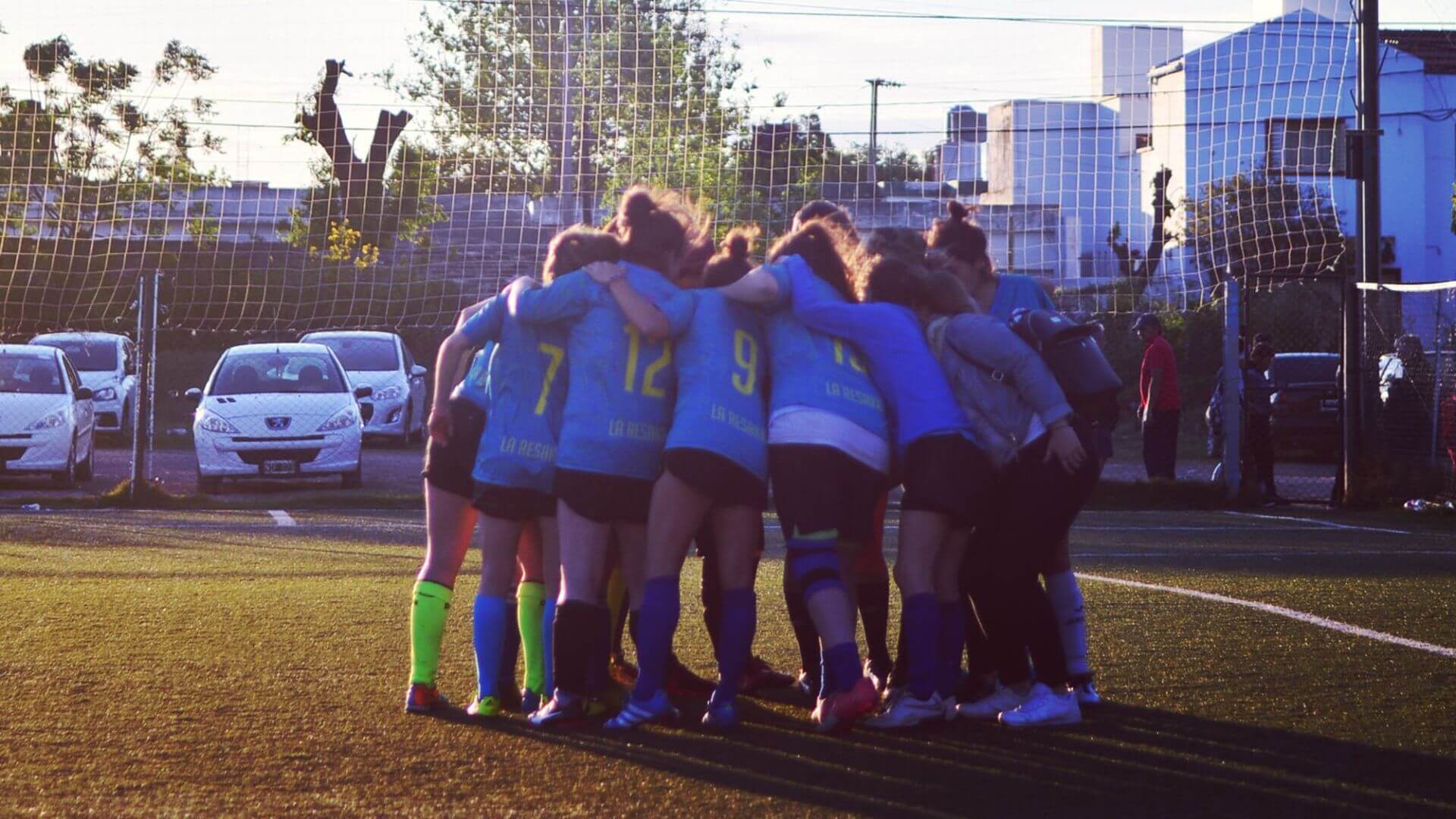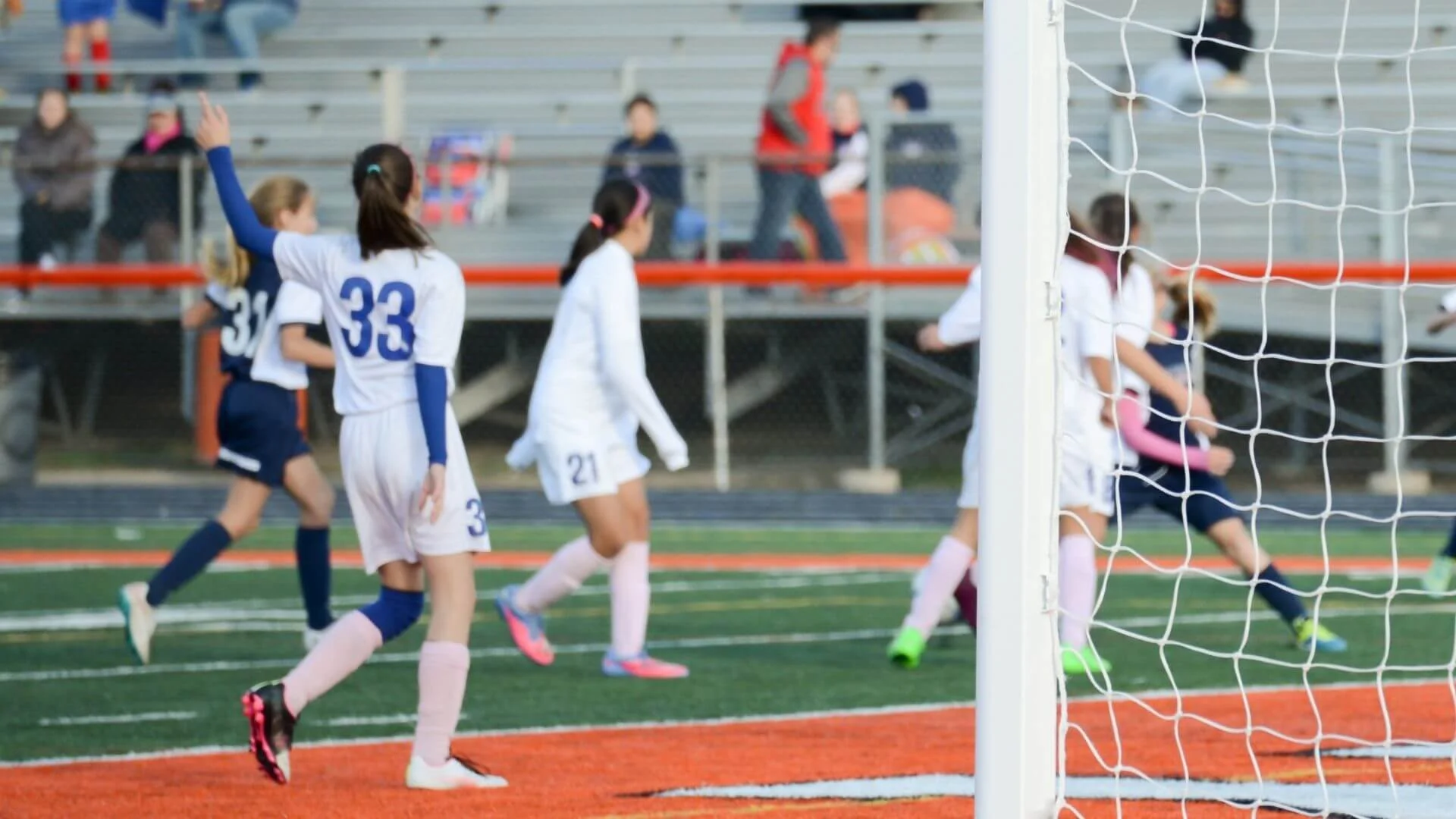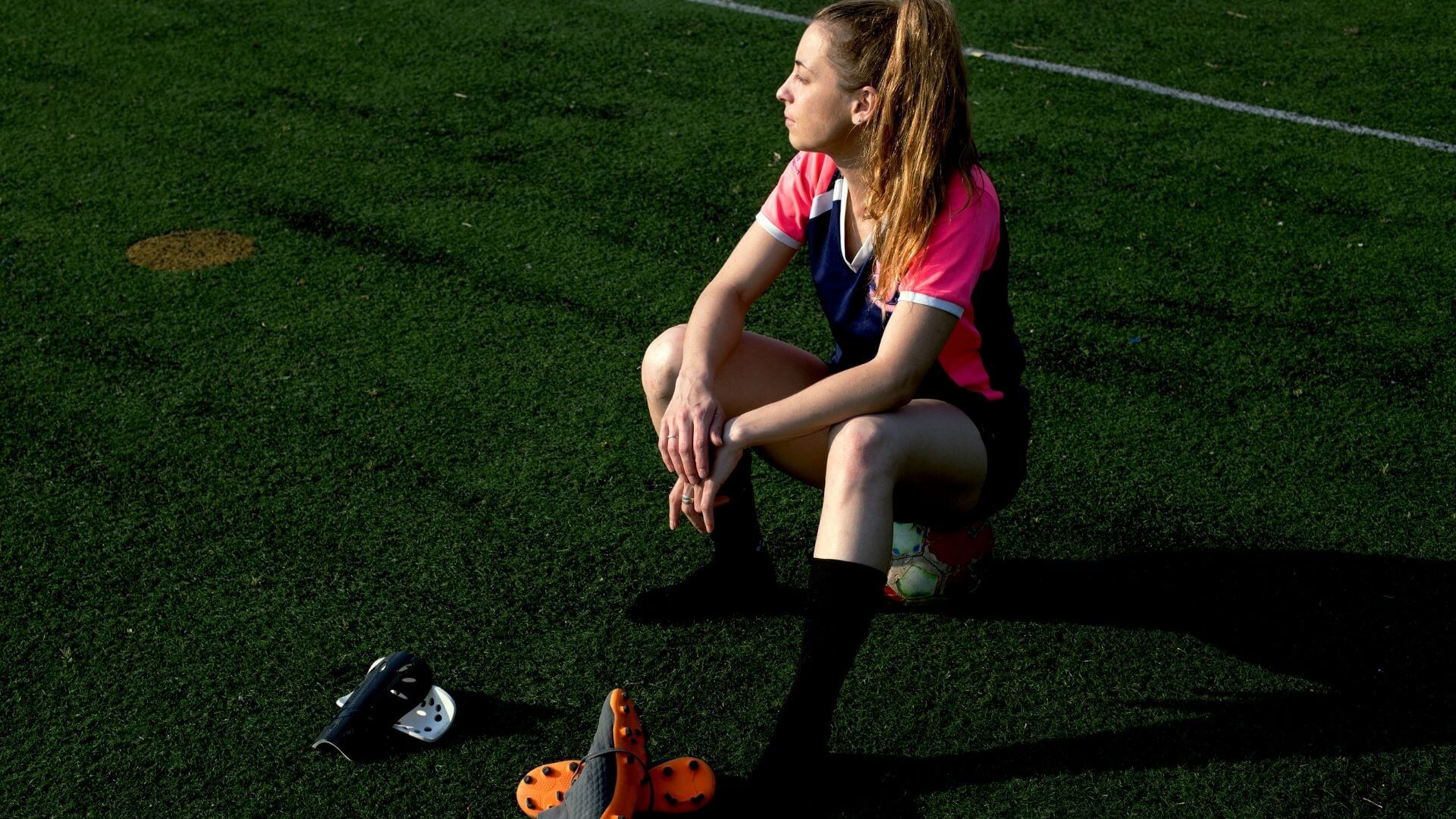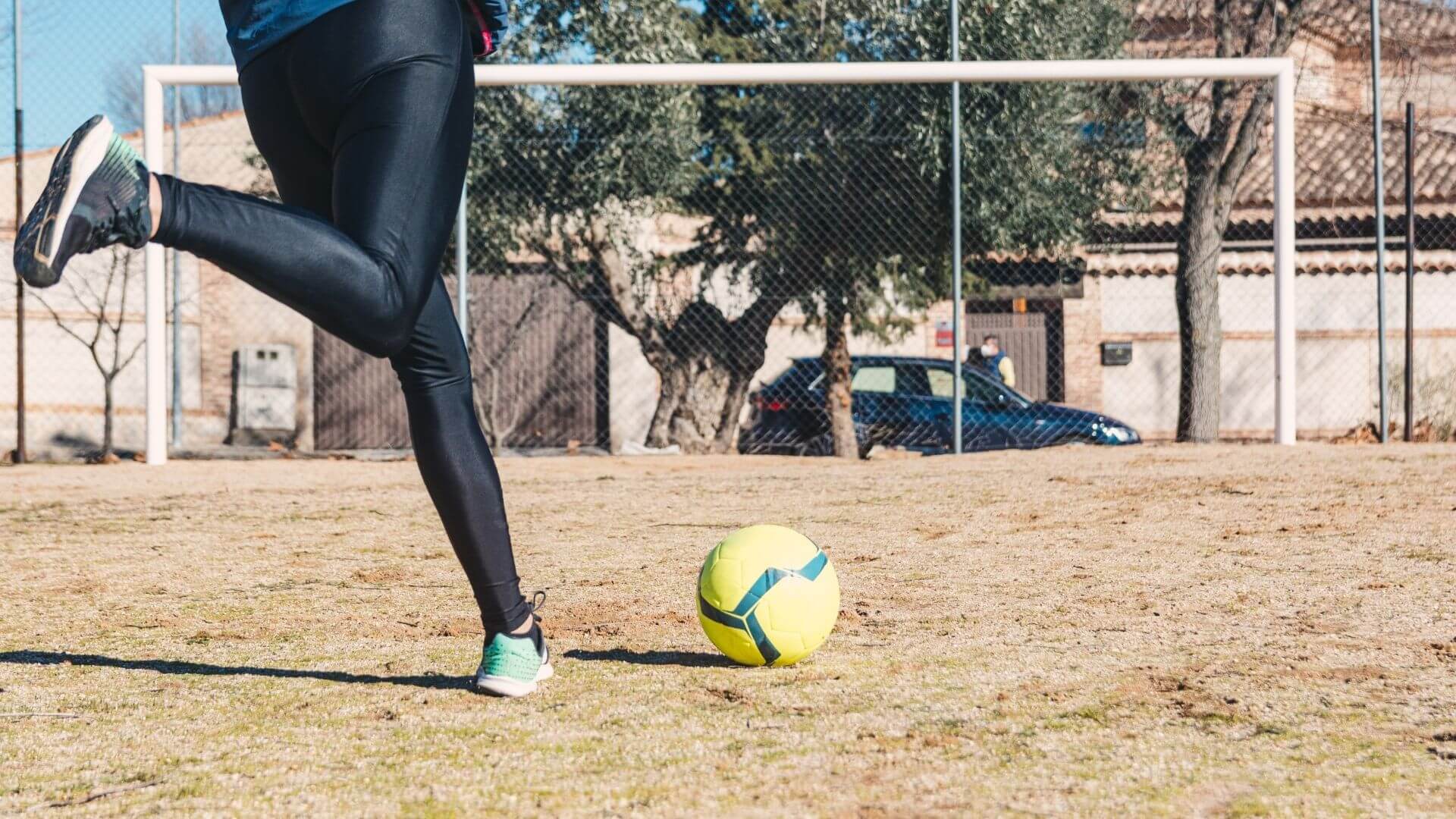Gaining an Edge: Maintaining Focus & Composure in ANY Situation
Welcome to the sixth edition of Gaining an Edge, just four left! This series empowers Socceristas to own their growth and maximize their potential by expanding mental performance skills, reframing limiting beliefs, and uncovering authentic drive.
In last week’s edition, we dove into how to change negative self-talk into useful and positive thoughts to help you play better soccer and be more confident. You can use self-talk to anchor yourself when the emotions of the game start to feel like they are taking you away from focused and composed play–which is exactly what we are talking about today.
How can Socceristas maintain composure no matter the situation? How can you create the best environment for yourself to stay in control and experience optimal focus, not getting distracted by negative self-talk, pressure, or pre-game nerves? Let’s dive in.
Here’s what causes you to get distracted on the soccer field
To gain a competitive edge by staying focused and composed, you first need self-awareness of what is currently happening in your environment. So let’s start there. Ask yourself these questions:
- What are the biggest distractions for me on the field?
- What are my biggest distractions on the bench or at halftime?
- What are the biggest distractions for me before the game?
Distractions are performance derailers. They get in the way of your focus and composure. They make it hard for you to get into the flow of the game and play your best soccer.
The two emotions that are the biggest performance derailers are anger and anxiety. Looking at the list you made above, how many fall into these two categories?
If you want to play at elite levels, you must learn how to stay composed and focused when these emotions appear. Notice that we didn’t say you want to make the emotions disappear. You don’t want to make them go away because that isn’t possible. Your emotions are your emotions, and you can’t stop yourself from feeling them. But you can teach yourself how to regulate your focus when they are present.
Reacting vs. Responding
Truth: when you let your emotions run the show, you will not be able to maintain focus and composure. When you allow your emotions to run the show, you react to what happens around you. Reacting means you are not choosing intentionally. You are not in control. Your emotions are. You are just ‘doing’ and not thinking.
When you feel your emotions present but make a conscious decision about how to act, that is responding. Responding is the key to maintaining composure and regulating focus in gameplay. Responding is having emotional control and being able to self-regulate.
Learning to respond and not just react will give you a huge edge over your competitor. When you are composed and focused, they are stressed out and overthinking. So who’s going to play their best and be the most impactful? Yup, you.
What do emotional control and self-regulation mean?
First off, let’s set the record straight. Emotions are not bad. Don’t ever let anyone tell you they are or tell you that you shouldn’t be feeling a certain way. How you feel about a situation is entirely legit, you are human, and feeling emotions is a big piece of that. Emotions are necessary and essential because we need passion, excitement, and other motivating feelings to push ourselves toward greatness!
Emotional control does not mean having no feelings. What it does mean, though, is not letting feelings make our decisions for us in gameplay. Being able to control our emotions and choose our responses, regardless of how we are feeling, is self-regulation. And self-regulation is necessary for composure and focus–key components of consistent, confident, impactful play.
Creating your optimal performance environment
How to stay focused and composed on the soccer field is to create your optimal performance zone. Find out what works for you, and be diligent about learning the skills you need to create this headspace.
Being angry or feeling massive pre-game nerves is not your optimal performance zone. Your optimal performance environment is where you have focused energy and are alert. It’s a place where you are ready and eager to learn. It’s where you are fully present and have a healthy striving mentality. Your optimal performance environment is where you embody a mentally tough state of mind and don’t let your emotions distract you from the job.
So, how do we get there? The first step, as we mentioned earlier, is awareness of what distracts us and when we are distracted. We cannot make changes until we are fully aware of the situation. Second, once you have self-awareness, you must consciously choose something different. This leads us to the third step: tangible tools! Here are some of the best ways to maintain focus and composure in any game-day situation:
- breath-work exercises or deep-breathing
- visualization and meditation before games to prepare
- focusing on objectives and goals that are completely within your control
- reminding yourself that nerves are normal, and an indicator that you get to play the game you love!
- using positive self-talk (specifically instructional self-talk)
- other reset routines to ground you and shift your focus to the present moment
Up next:
Follow Girls Soccer Network so you don’t miss the next edition of Gaining an Edge. Next time we will jump into how to prepare BEFORE games mentally. Preparedness leads to increased confidence, so having an established, consistent routine is of the utmost importance for players when it comes to being able to enter games calmly and composed.
Till next time,
Jenn Ireland, Mental Skills Coach + Founder of Expand Your Game
Gaining an Edge is a 10-part series from Expand Your Game’s Mindset Mastery Academy, a transformative 1-on-1 mental skills mentorship experience for female soccer players.
Featured image via History of Soccer
_
GIRLS SOCCER NETWORK: YOUR SOURCE FOR GIRLS SOCCER NEWS











